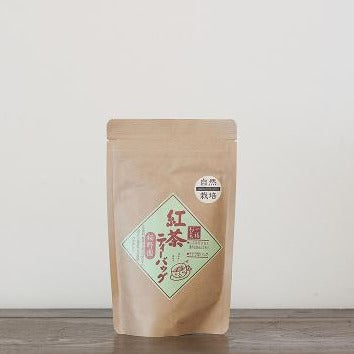〈 〉 Kazuya Matsumoto
Sakuranoen Black Tea Tea Bags 2.5g x 20
Sakuranoen Black Tea Tea Bags 2.5g x 20
Couldn't load pickup availability
This is a tea bag type black tea made from naturally grown tea leaves without pesticides or fertilizers.
Use one packet for every 500ml.
You can easily make a cup of tea, so it's also recommended for snack time. You can enjoy it with either hot or cold water.
This is black tea made by fully fermenting second-grade tea for more than six months.
This is a Japanese black tea with little astringency and a simple, gentle sweetness and aroma.
Although various types of tea are made from the same tea plant depending on the time of harvest, size, manufacturing process, and finishing process, black tea is also made from the same plant as green tea.
Minamata is located at the southern tip of Kumamoto Prefecture, on the border with Kagoshima Prefecture, and is a scenic area blessed with seafood and mountain produce.
One of the specialties of Minamata is "Wakocha" (Japanese black tea).
Wakocha is Japanese black tea made in Japan, in accordance with the climate and soil of Japan.
It has a soft flavor with little of the astringency of foreign black teas, and goes well not only with Western food and sweets, but also with Japanese food and sweets.
Japanese black tea production is thriving here in Minamata, and the area is becoming increasingly recognized as a producer of Japanese black tea, with the Kyushu Japanese Black Tea Summit being held there since 2018.
Kazuya Matsumoto, CEO of Sakuranoen in Minamata, Kumamoto Prefecture
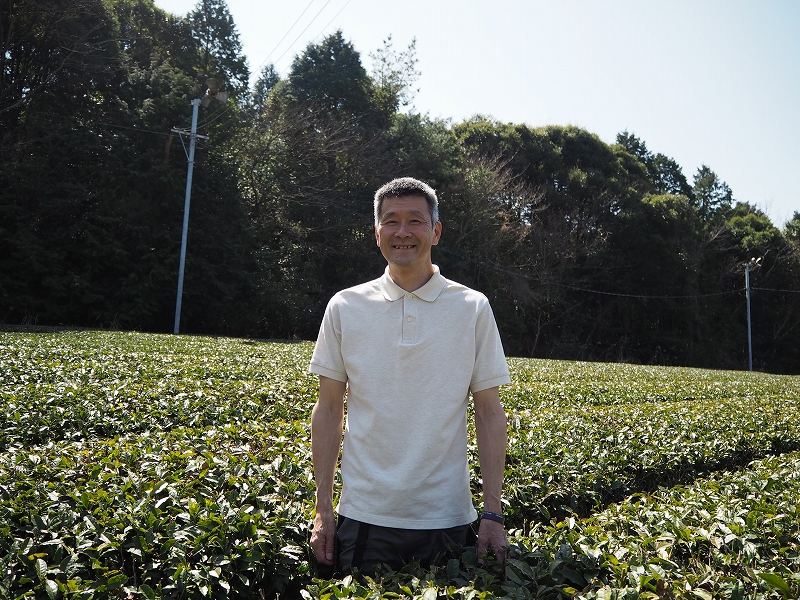
Founded in 1927, Kazuya is the fourth generation owner. The business covers an area of 2.5 hectares.
Of this, 1.9 hectares are cultivated naturally, and the remaining fields are cultivated without pesticides using only plant-based fertilizer (rapeseed pomace).
My great-grandfather was the first person to work on large-scale native species in Minamata.
This is Kazuya's first attempt at growing crops without using pesticides.
After completing his training, Kazuya returned to his hometown and continued to spray pesticides as he was told, but he began to have doubts as to why the insect infestation was not going away even after spraying the pesticide.
Aside from the impact on the environment and people, when you consider the need for water to apply pesticides and the burden of carrying heavy liquids while working, wouldn't it be more efficient to use no pesticides?
I decided to take on the challenge.
Since then, the practice has gradually expanded, and now they have succeeded in cultivating crops without the use of any pesticides whatsoever.
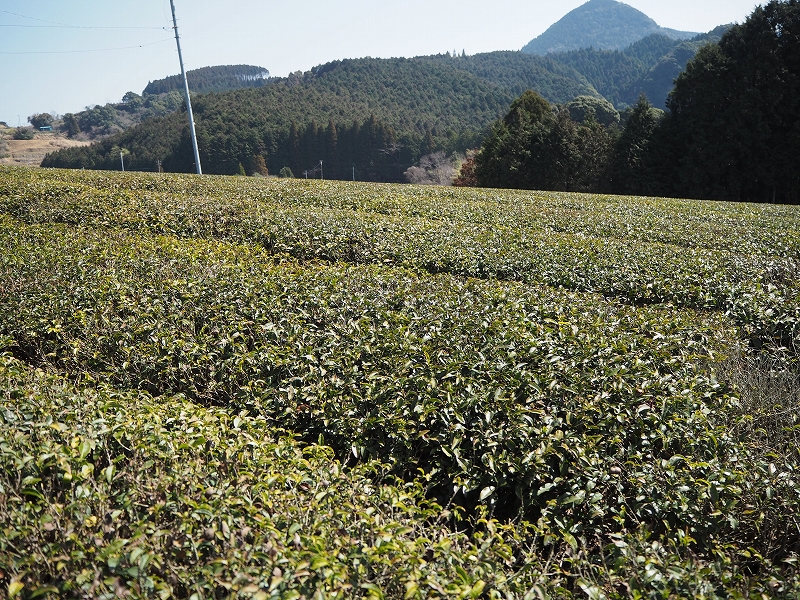
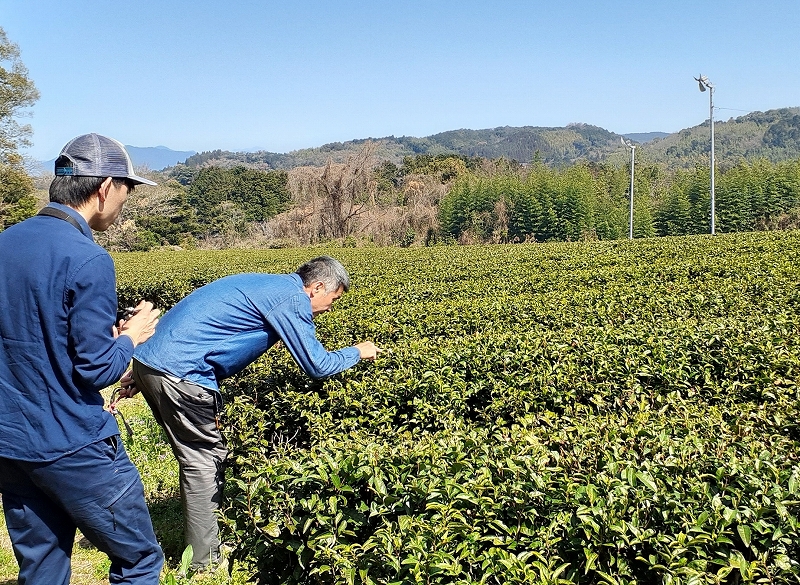
Originally, there were many native tea varieties in Minamata, but they are now in decline.
"I feel a sense of crisis in today's world where people don't have a teapot at home."
That's what Matsumoto said.
Sakuranoen tea is now highly regarded not only in Japan but also overseas.
He handles native varieties, Yabukita, Sayamakaori, and Benifuuki, and while enjoying new possibilities for tea leaves, he works on developing new teas every day. He travels around the country holding tasting events and other events to spread the word about delicious tea.
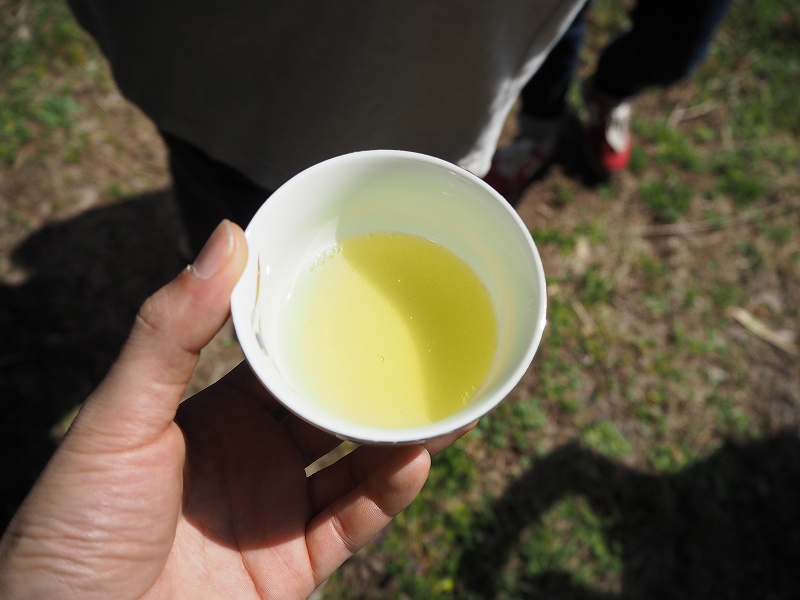
Varieties
Varieties
Producer
Producer
Kazuya Matsumoto
Producing area
Producing area
Farming method
Farming method
Natural cultivation
Species Information
Species Information
Size and Capacity
Size and Capacity
2.5g x 20 pieces
raw materials
raw materials
Fermented tea
